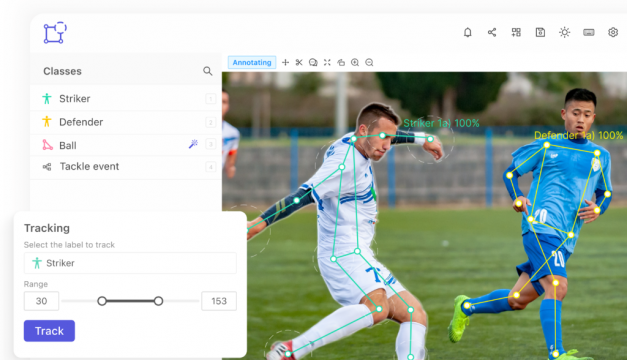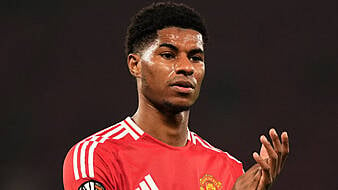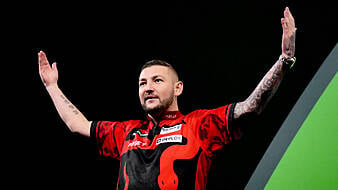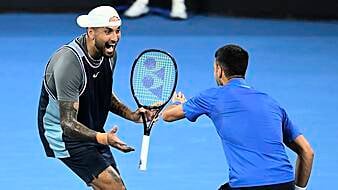The use of artificial intelligence in sport will become more powerful and lead to an increased standard of performance, an expert in the field believes.
AI-powered machines have been present in sport for some time in a number of ways, from the collection of human-generated statistics made famous by the ‘Moneyball’ concept to the development of Hawk-Eye and VAR.
But with more powerful machine-learning programmes and an increased pool of data to use, a whole range of techniques that can help athletes will be unlocked.
🎾 Game, set...model?
In honor of the Wimbledon finals this weekend, the Encord team has been creating training data using keypoint skeletons on serve footage pic.twitter.com/ZZl8rITNVO— Encord (@encord_team) July 14, 2023
Advertisement
“Absolutely, it will increase the standard,” Alex Bonnet, a machine-learning solutions engineer at Encord – a company specialising in AI model development, told the PA news agency.
“It is going to become more powerful because these AI techniques rely on a large amount of data and a lot of that hasn’t been structured and labelled for training machine-learning models.
“Through the fact there are more powerful models that can do more interesting things, companies will find new techniques and applications for AI in sport.
“There is going to be a boost in the kind of things that are possible because of the increase of exposure.”
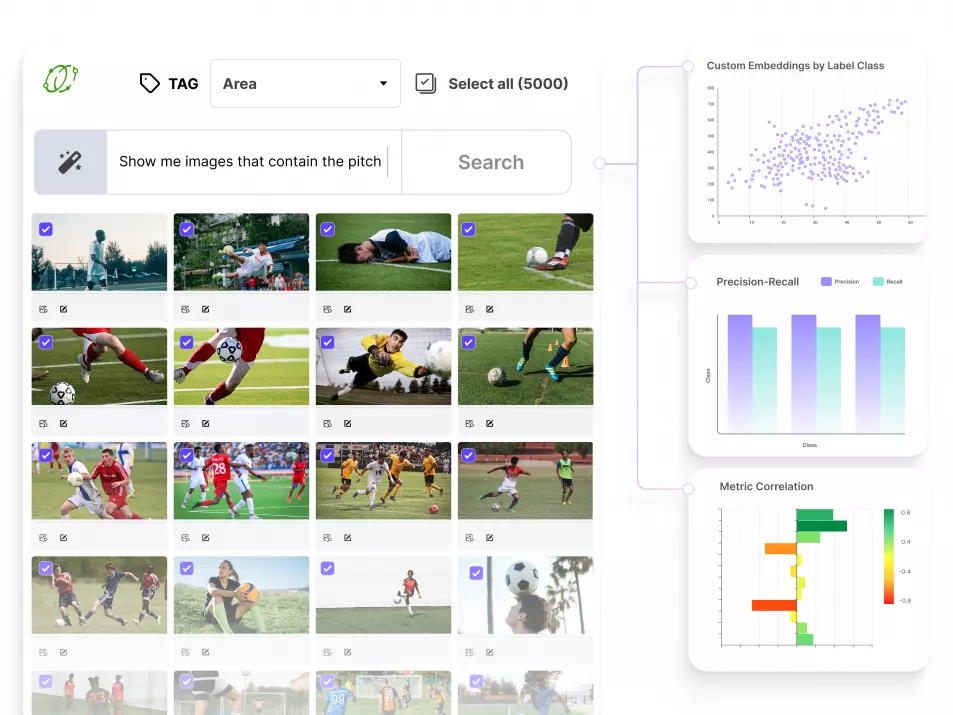
There are a number of ways performance might be enhanced, whether that is an improvement to training techniques and nutrition or a development in tactics and strategies based on intelligence.
“Although it might not be a traditional sport, we have seen that in chess, the use of AI has actually made players find new ways to play,” Bonnet added.
“They train a lot against computers, and computers don’t always play moves in the same way a human will, so now the style of chess is different to what it used to be.
“That is also true for traditional sports, such as football, tennis, rugby, where you can discover new strategies, with new AI tooling you can explore different scenarios and how new techniques will play out in the real world.
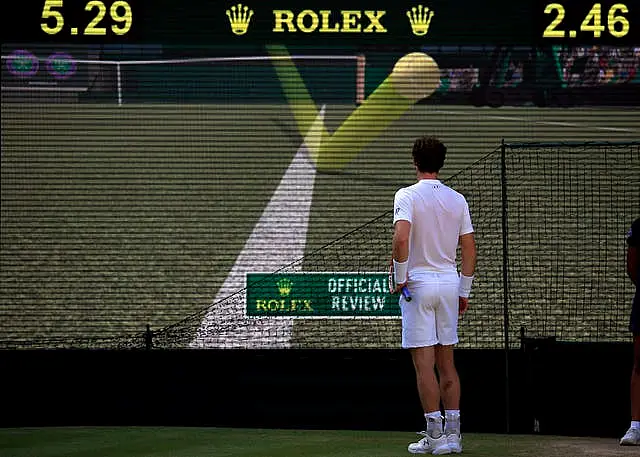
“For example in cycling, how would you dose your effort across long races? A lot of athletes use stickers on their bikes to tell them when to eat and drink, but using AI that can be done for you.
“You can start to do things people have never done before.
“AI can also play a part in planning optimal training sessions for athletes.
“That can boost performance but also reduce injury, especially in sports like tennis and football where there are movements that occur that might make the athlete more prone to injury.
Pro players pay a king’s ransom for match tracking data, but with SwingVision all it takes is a smartphone.
Whether creating highlight reels, calling lines or dissecting technique, it brings an added dimension to your tennis.
From @levey_jon:https://t.co/49HnXTtLcb— TENNIS (@Tennis) October 24, 2022
“You can analyse those and make training better, which ultimately means less injuries and more player availability and performance.”
The use of AI is not restricted to professional sport as products are available for recreational use, with the emergence of in-play apps that analyse performance in a number of activities such as tennis, badminton and golf.
And Bonnet believes that could make playing sport more fun.
“It will become more democratised and it will make sport more engaging, you can build gamified experiences,” he added.
“You can add an extra layer and it will get people excited about playing sport.”
